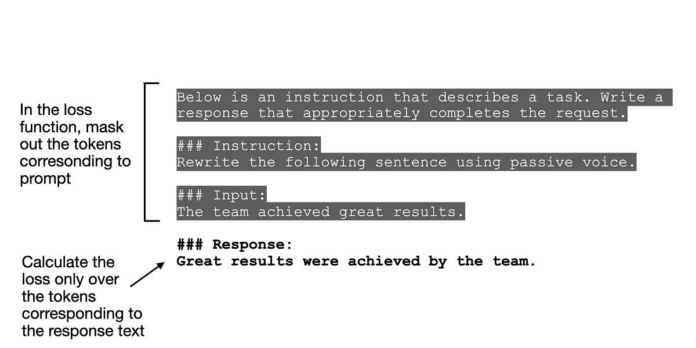In Short:
Google had to make adjustments to its new AI search feature after it advised people to eat rocks and put glue on pizza. The episode shows the risks of using generative AI for commercial purposes. While the technology can summarize online information to make it easier to understand, it may also spread misinformation. Developing accurate AI search tools requires significant effort to prevent errors.
Google Admits Need for Adjustments in Generative AI Search Feature
Google has acknowledged the need to make adjustments to its Generative AI search feature after a series of errors that advised people to eat rocks and put glue on pizza. The company’s AI Overviews feature utilizes Gemini, a large language model, to generate written answers to search queries by summarizing online information. While this technology aims to make search results easier to digest, it also poses risks due to the software’s fluency with text, which can sometimes lead to inaccuracies or the amplification of untruths.
Challenges with AI Implementation
Richard Socher, an AI researcher and founder of You.com, emphasizes the challenges of ensuring accuracy in AI-generated search results. LLMs like Gemini lack real-world understanding and must sift through unreliable online information. This can result in misleading or contradictory answers, highlighting the complexity of fine-tuning AI algorithms for search purposes.
In response to recent errors, Google has announced additional changes to its AI Overviews feature, including improved detection of nonsensical queries and reduced reliance on user-generated content. Despite these efforts, perfecting AI search remains a challenging task, as demonstrated by ongoing developments in the tech industry.
Industry-wide Reboot Inspired by OpenAI
Google’s upgrade to its search feature aligns with a broader trend in the tech industry following OpenAI’s release of ChatGPT. This move has prompted competitors like Microsoft to enhance their own search capabilities, albeit with some initial issues. The evolving landscape of generative AI underscores the importance of iterative improvements and rigorous testing to minimize errors and provide accurate search results.
Expert Insights
SEO consultant Lily Ray and Search Engine Land news editor Barry Schwartz offer insights into the challenges of implementing AI in search engines. Ray acknowledges the inherent limitations of AI technology, noting the difficulty of achieving flawless results. Schwartz suggests that Google could have been more cautious in launching its AI upgrade, particularly for sensitive queries like medical or financial information.
Overall, the recent developments in generative AI search highlight the ongoing efforts of tech companies to leverage cutting-edge technology while navigating the complexities of information accuracy and user trust.





